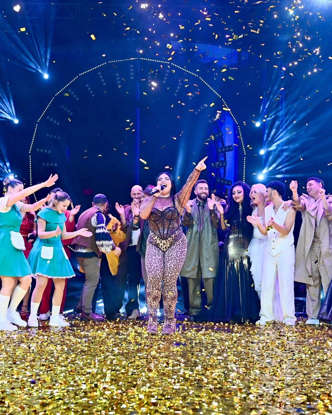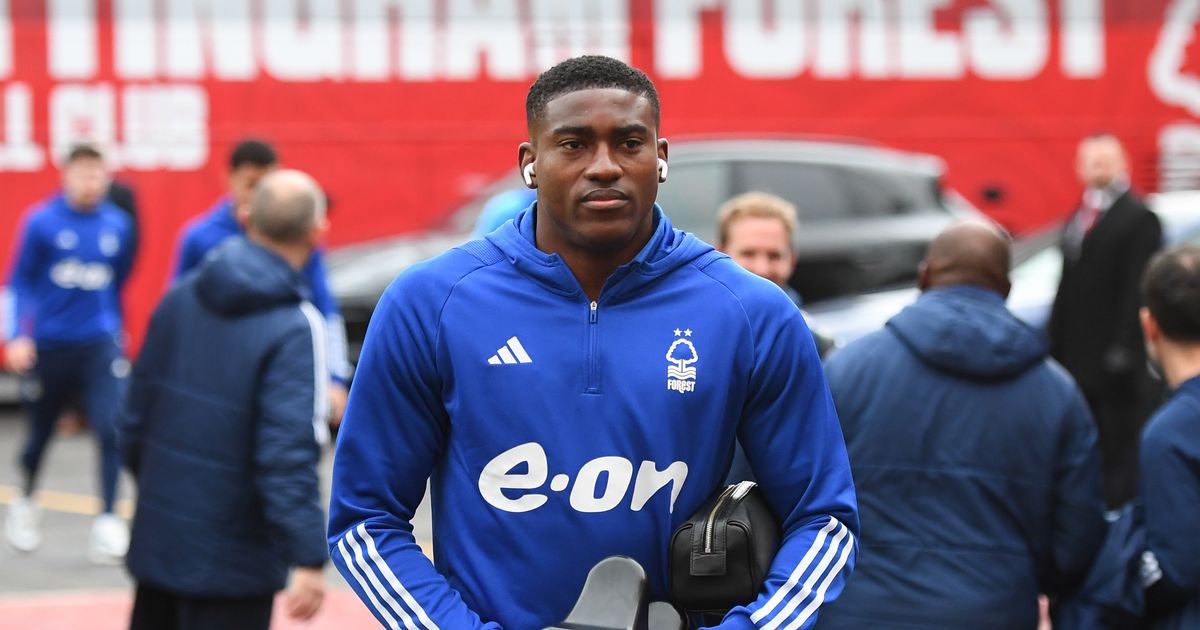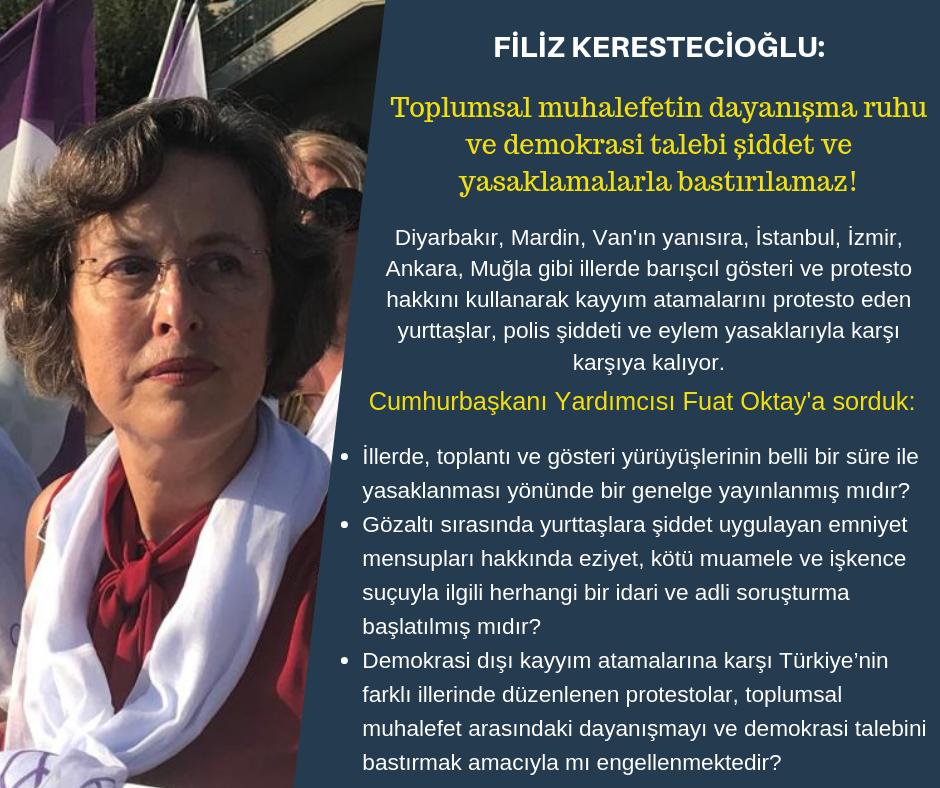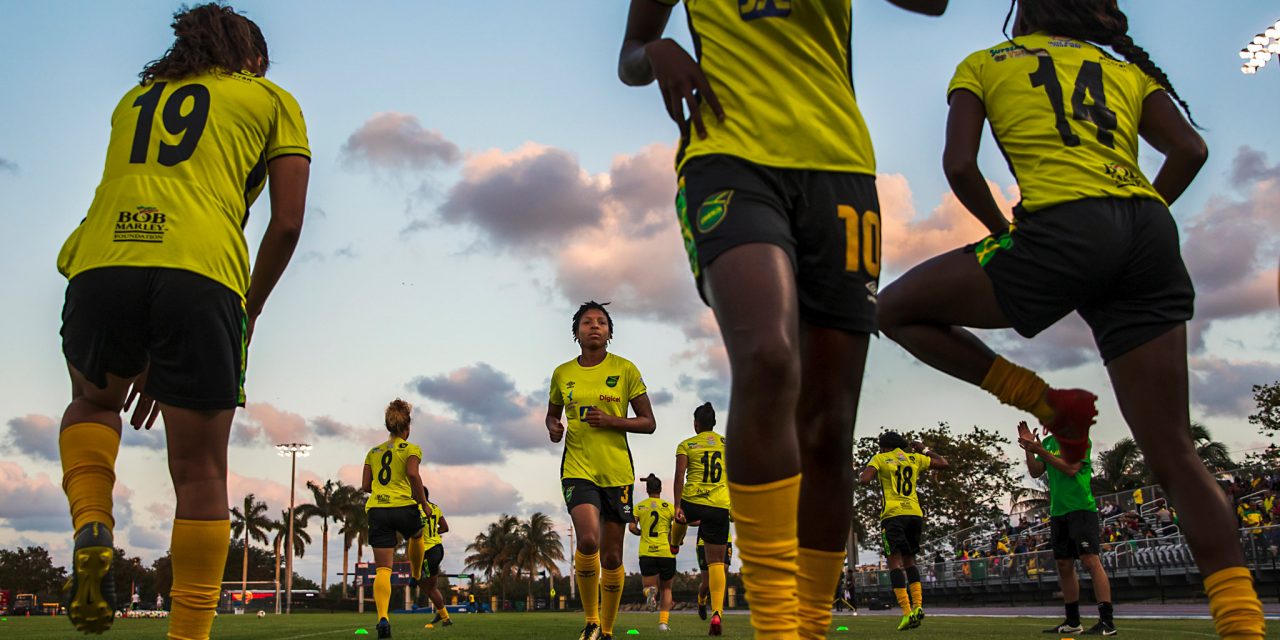RTE And BBC Eurovision Boycott: Protester Demands

Table of Contents
The Palestinian Solidarity Movement and the Boycott Call
A significant impetus behind the calls for a boycott of the Eurovision Song Contest stems from the Palestinian solidarity movement. Protesters argue that holding Eurovision in Israel effectively normalizes Israeli policies towards Palestinians, providing a platform for what they see as a regime guilty of human rights violations. This argument is closely tied to the principles of Boycott, Divestment, Sanctions (BDS), a global movement aiming to pressure Israel to comply with international law and respect Palestinian human rights.
-
Concerns about Israeli occupation of Palestinian territories: Protesters highlight the ongoing occupation of Palestinian lands as a major human rights concern. The presence of Israeli settlements and the separation barrier are key issues raised in the context of the Eurovision Palestine protest.
-
Allegations of human rights violations against Palestinians: Reports of human rights abuses, including the use of excessive force against civilians and restrictions on freedom of movement, fuel the calls for a Eurovision protest.
-
The use of BDS (Boycott, Divestment, Sanctions) as a means of protest against Israeli policies: The BDS movement encourages boycotts of Israeli goods, services, and institutions, including cultural events like Eurovision, to put pressure on the Israeli government. This is a central component of the Israel Eurovision controversy.
-
Calls for Eurovision to be moved to a location that better reflects principles of human rights and international law: Protesters believe that hosting Eurovision in Israel contradicts the contest's purported values of inclusivity and respect for human rights, leading to calls for a future host country selection process that prioritizes adherence to international human rights norms.
Specific Demands of the Protesters
The calls for a Eurovision boycott aren't simply about abstention; they involve specific demands aimed at addressing the protesters' core concerns. These demands seek not only to prevent future events in locations deemed problematic but also to hold Eurovision organizers accountable for their choices. The specific demands Eurovision boycott encompass:
-
Public condemnation of Israeli actions against Palestinians: Protesters want Eurovision organizers to publicly acknowledge and condemn reported human rights violations against Palestinians.
-
Commitment from Eurovision organizers to uphold human rights standards: This demand involves a commitment to selecting future host countries based on their human rights records and adherence to international law. This is directly related to the conditions for Eurovision participation.
-
Financial contributions to Palestinian humanitarian causes: Some protesters advocate for a portion of Eurovision's profits to be donated to organizations supporting Palestinian humanitarian aid.
-
A commitment to transparency and accountability regarding the selection of future Eurovision host countries: Protesters demand greater transparency in the selection process to ensure future host countries meet international human rights standards, thus preventing future Eurovision protest movements.
The Counterarguments and the Debate's Complexity
The calls for an RTE and BBC Eurovision boycott haven't been without opposition. Counterarguments exist, complicating the debate and highlighting the multifaceted nature of the issue. The criticism Eurovision boycott centers on several points:
-
Arguments against politicizing the Eurovision Song Contest: Some argue that Eurovision should remain a non-political event, focused solely on musical competition. They believe that politicizing the contest undermines its purpose.
-
Concerns about the potential impact on artists and performers: Boycotts could negatively impact the careers of artists and performers participating in the event, potentially silencing their voices.
-
Discussions on the effectiveness of boycotts as a form of protest: The efficacy of boycotts in achieving meaningful political change is often questioned.
-
The importance of maintaining a neutral platform for artistic expression: Some argue that Eurovision should serve as a neutral platform for artistic expression, regardless of the political context of the host country.
The Role of Broadcasting Corporations (RTE and BBC)
The response of national broadcasters like RTE and the BBC to the Eurovision protest demands is crucial. These broadcasters face considerable pressure to take a clear stance while navigating their own complex considerations:
-
Pressure on broadcasters to take a public stance on the issue: RTE and the BBC face significant public pressure to address the concerns raised by the boycott movement, impacting their public image and perceived values.
-
Balancing public opinion with the desire to participate in the contest: Broadcasters must carefully weigh public opinion with their desire to maintain participation in the popular Eurovision Song Contest.
-
The potential impact on broadcaster funding and public image: A decision to boycott could have repercussions on funding and public perception of the broadcasters, requiring careful consideration of the political and financial ramifications. The RTE Eurovision stance and the BBC Eurovision policy will heavily influence their public image moving forward.
Conclusion
The calls for an RTE and BBC Eurovision boycott represent a complex intersection of politics, human rights, and popular culture. Protesters' demands, deeply rooted in concerns over Palestinian rights and Israeli policies, underscore the urgent need for addressing human rights violations globally. While counterarguments exist, a thorough understanding of the protesters' perspectives is crucial. The debate surrounding the RTE and BBC Eurovision boycott necessitates careful consideration of all sides. How can Eurovision, a contest known for unifying diverse cultures, balance artistic expression with crucial ethical considerations? Engaging in thoughtful discussions about the RTE and BBC Eurovision boycott and related issues is paramount for building a more just and equitable future.

Featured Posts
-
 Awoniyi Fit For Newcastle Clash Santos Confirmation
May 14, 2025
Awoniyi Fit For Newcastle Clash Santos Confirmation
May 14, 2025 -
 Son Dakika Haiti De Guevenlik Krizi Ve Devam Eden Protestolar
May 14, 2025
Son Dakika Haiti De Guevenlik Krizi Ve Devam Eden Protestolar
May 14, 2025 -
 Preorder Captain America Brave New World 4 K Blu Ray Steelbook Now
May 14, 2025
Preorder Captain America Brave New World 4 K Blu Ray Steelbook Now
May 14, 2025 -
 Newcastle Misses Out On Premier League Target Defender Transfer Collapse
May 14, 2025
Newcastle Misses Out On Premier League Target Defender Transfer Collapse
May 14, 2025 -
 Eramets Era Low A Decarbonization Breakthrough For The Steel Industry
May 14, 2025
Eramets Era Low A Decarbonization Breakthrough For The Steel Industry
May 14, 2025
